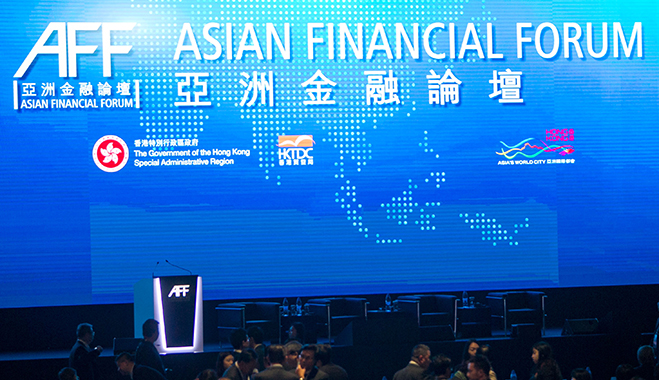
Call Putin a thorn in the side of Europe, even the West’s next big mafia hit. Just don’t expect an insipid Chinese government and its financial behemoths to react.
That unofficial doctrine seemed to bleed through Ding Xuedong, Chairman and CEO of China Investment Corporation, when pressed to discuss China’s potentially game-changing role in assuaging geopolitical tensions following the annexation of Crimea and resultant embargoes.
Clearly, expanding Chinese growth into Europe is an ambition the country’s top tier is not afraid to hide
By translation, Xuedong did an effective job of presenting a Europe in need of development in terms that stood to only enthrall his bosses in Shanghai. He referred to the continent as being broken with conflicting economic agendas of reducing EU fiscal stimulus measures while encouraging national purses. A ‘healthy’ alternative: enter emerging market investment funds, such as the CIC, with unabated confidence in European economies even as volatile as Russia.
“We are still optimistic about certain investment opportunities in Europe,” he said through a translator. “We’ll continue to identify investment opportunities…it won’t change my investment strategies.”
Such unflinching loyalty – just as the ruble is in crisis.
Whether missed by the translator or not, what the man at the helm of a $200bn state-owned firm holding a significant chunk of European capital (mostly Russian) did not say spoke volumes. Political intervention is not an option.
The larger issue Europeans are beckoned to acknowledge: the wave of Chinese investors dominating the continental investment sector.
Historically entrenched Sino-European relations became most pronounced as Europe was in the grips of financial crisis. According to a 2014 Deloitte report, investors took advantage of stimulus spending in China, creating an eastward bias for investments. Yet after a weak 2012, the report states there was a rebound by 18 percent of European investments into the country by 2013.
Now, it’s the Asian investors’ momentum that is worth noting and reflected in Xuedong’s measured response. By 2012, China has emerged as the third largest foreign investor globally measured by its share of global outbound investments. Chinese FDI has grown from €6.1bn in 2010 to €26.8bn in 2012. Yet, the US remains overwhelmingly the EU’s strongest trade ally.
Clearly, expanding Chinese growth into Europe is an ambition the country’s top tier is not afraid to hide. Chinese officials want it all: strong investment ties with the EU and further entrenchment in Russia. In an increasingly globalised world economy, all nations must be privy to the conversations around Putin with a more nuanced understanding of what is really at stake.
China is a big country with a small appetite for a Russian impasse, at least for the time being.


